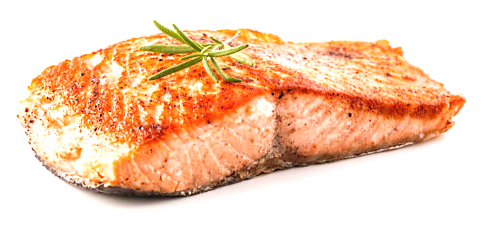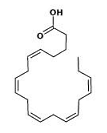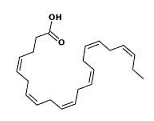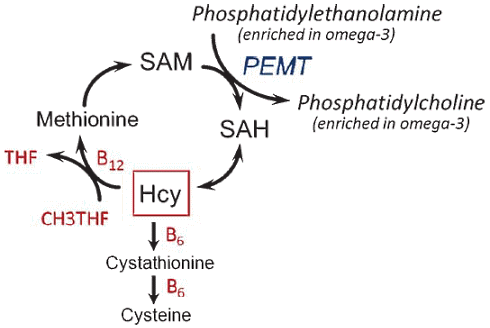|
Definition: "An ergogenic aid is any substance or phenomenon that enhances performance "
|
|
||||||||
20.02.2017 |
|
|
Elderly fish eaters have better brains
The amount of grey matter in your brain - the bit of the brain where the real work happens - decreases as you age. American researchers have discovered that fish consumption inhibits the decay. Above all, fish delays the aging of parts of the brain that we need for storing information and taking sensible decisions. That would suggest that fish eaters are less likely to get dementia.
Study
Results
The brighter the colours, the bigger the grey mass in the fish eaters in relation to their peers who did not eat fish.
The researchers also found a similar effect on the right side of the hippocampus, as the figure below shows. The hippocampus plays a crucial role in memory function.
Conclusion
"It may [...] be the case that other components contained in fish such as selenium, or in the diet of individuals who consume fish, can improve brain structure and decrease the risk for Alzheimer's disease."
"It may also be the case that eating baked or broiled fish with some regularity is a marker of a healthier lifestyle, of which consuming fish is only one part. The fact that the participants who consumed fish were more educated than those who were not may also indicate that this study could be measuring a general lifestyle effect, and not necessarily a diet-specific effect."
A bit of a moan
The concentration of fish fatty acids in the blood plasma of fish eaters can fluctuate quite a lot throughout the week, which is not the case for people who take a fish oil capsule every day. [J Clin Lipidol. 2013 Sep-Oct;7(5):433-40.] A more reliable measurement of omega-3 fatty acids can be taken by looking at the amount of fatty acids present in the membranes of blood cells.
Source: More: Archives:
|
|
|||||||||||||||||









